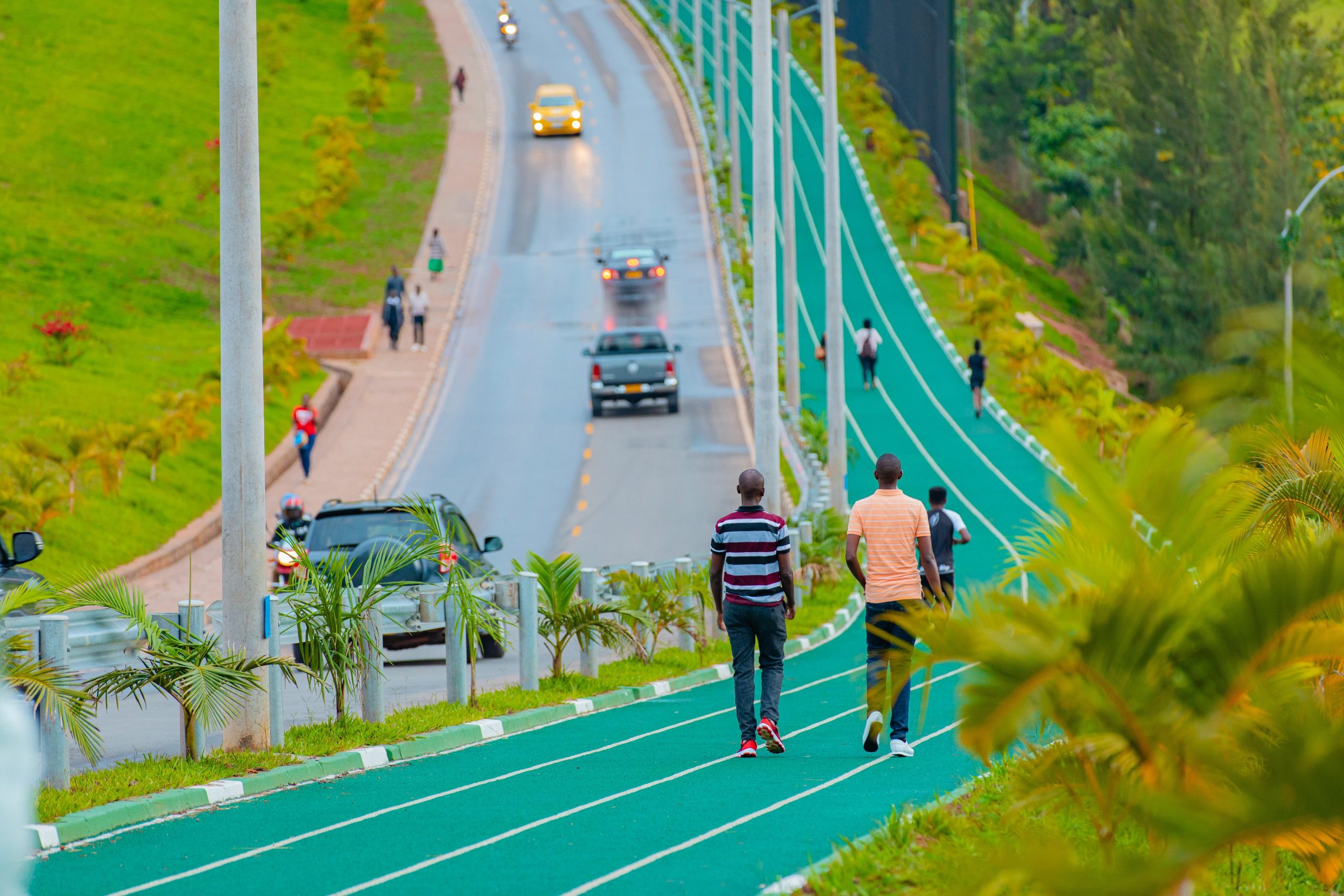Rwandan lawmakers are debating the fate of defamation laws as part of a review/update of the Rwandan Penal Code. I thought I would contribute to the conversation by looking at how other countries have dealt with the question.
Legal Analysis
Summary:
Insult on the person of the President of the Republic, public insult and defamation are considered in many countries as mere ‘délits de presse’; essentially civil matters that, while they carry a financial compensation, they are subjected to the media regulator for disciplinary action.
In Africa, the High Court of Kenya has just stricken down the crime of defamation, declaring [about the penal code] that ‘the prospect of criminal proceedings and a jail term of up to 2 years for defamation is unnecessary, excessive and unjustifiable in an open and democratic society, and […] creates a disproportionate limit on freedom of expression.’
In South Africa while defamation is gazetted as a crime, the constitutional jurisprudence has advanced towards decriminalizing. In either country there were no
special provisions protecting the head of state against defamation.
In Europe and America however, occasional convictions of journalists continue to take place in states typically considered strong defenders of media freedom and freedom of expression such as Denmark, Germany, Switzerland and Canada. Defamation laws in those countries are said to be contradictory with their declared democratic pillars of public scrutiny and accountability.
Available international jurisprudence and doctrine concur that such laws should not be and that Heads of States should be more, not less, tolerant of criticism than private persons.
To access the full paper, please click on this link: Difamation Comparative Laws












sorry for annoying you (we would like to make your site accessible to our employees and wanted to know if its secure enough)
No worries, it is.